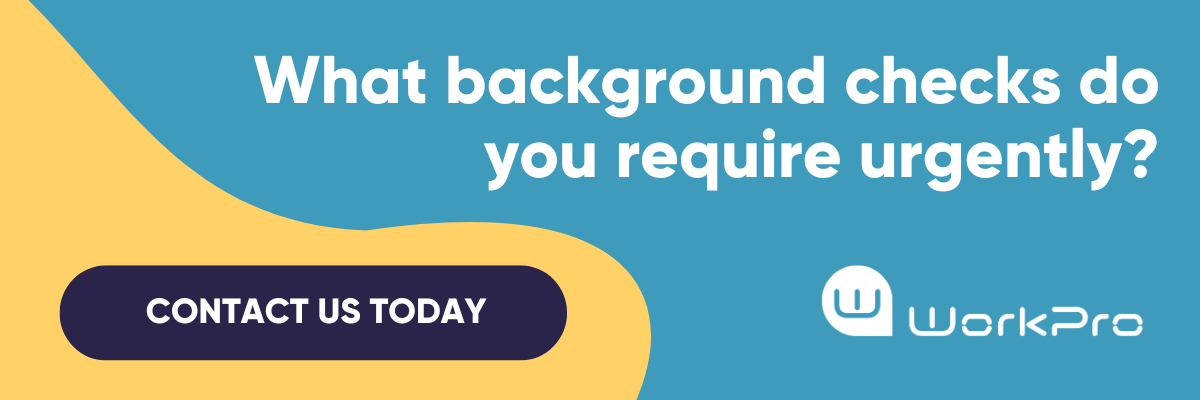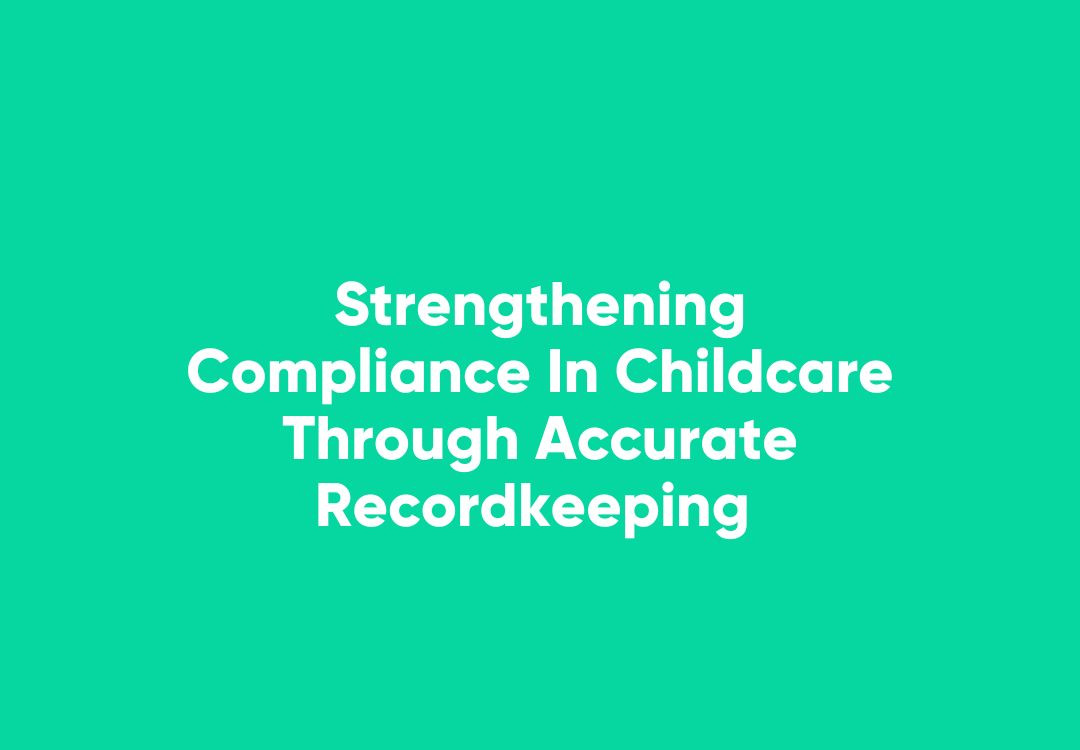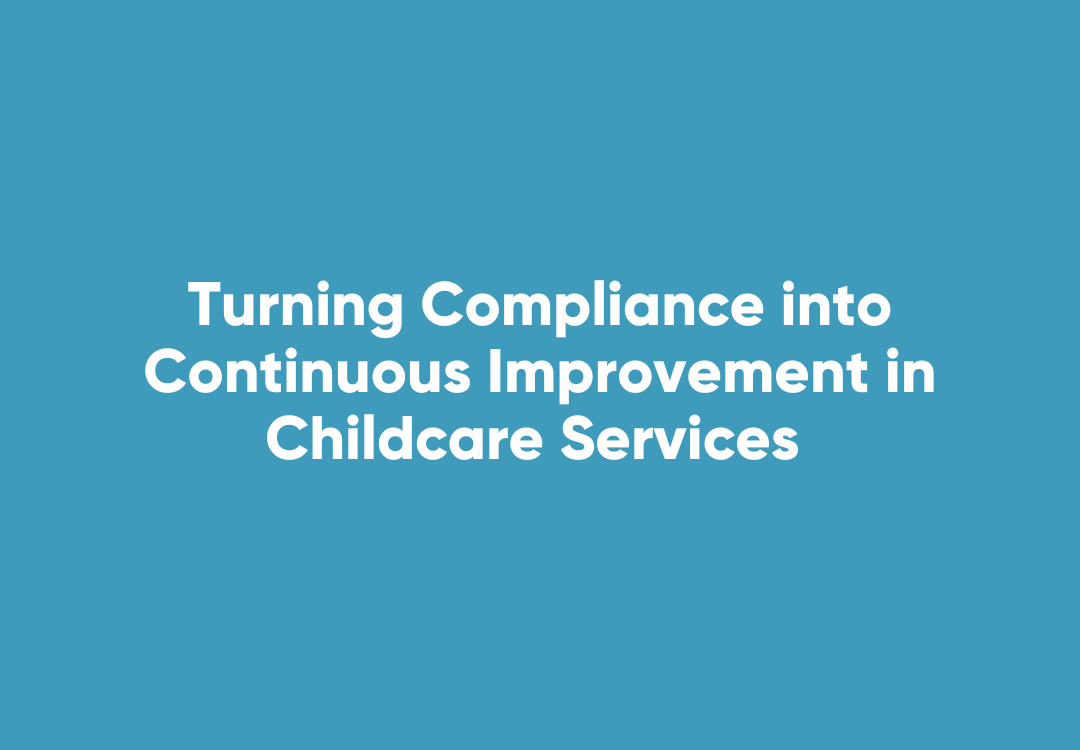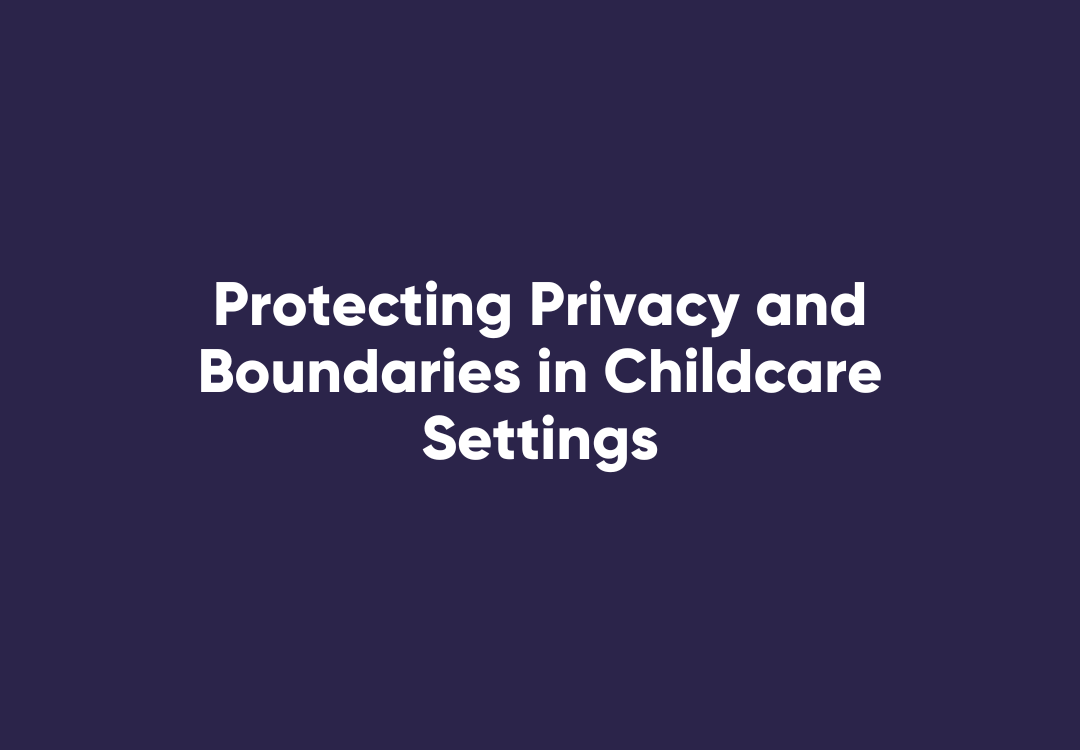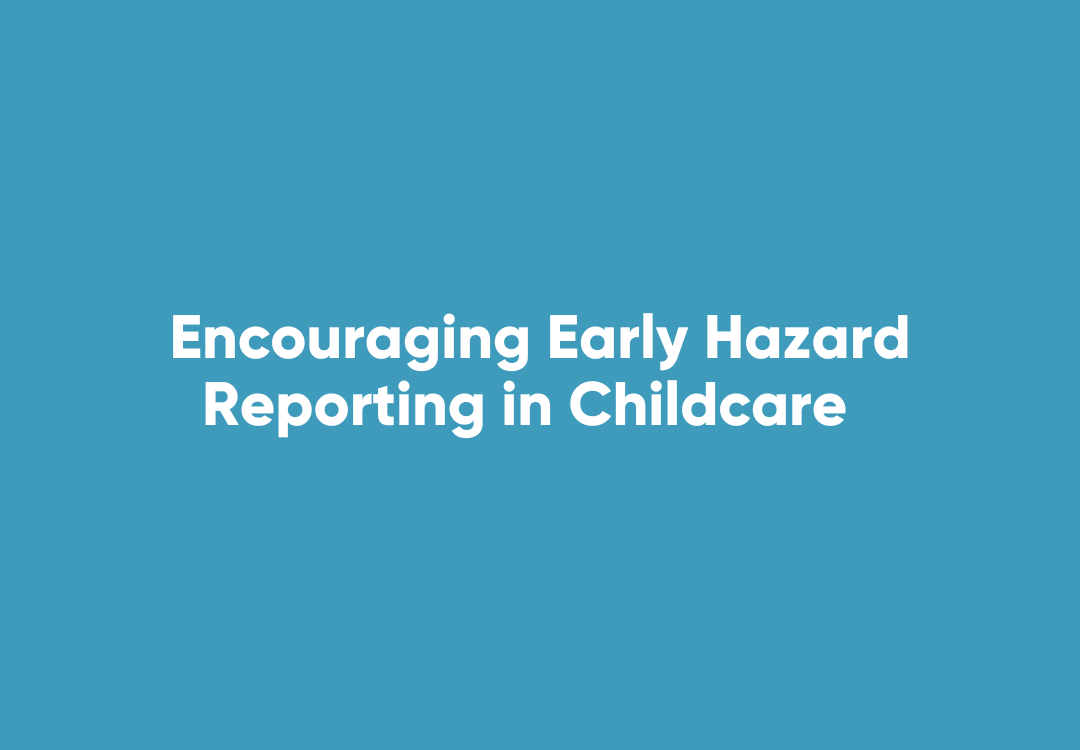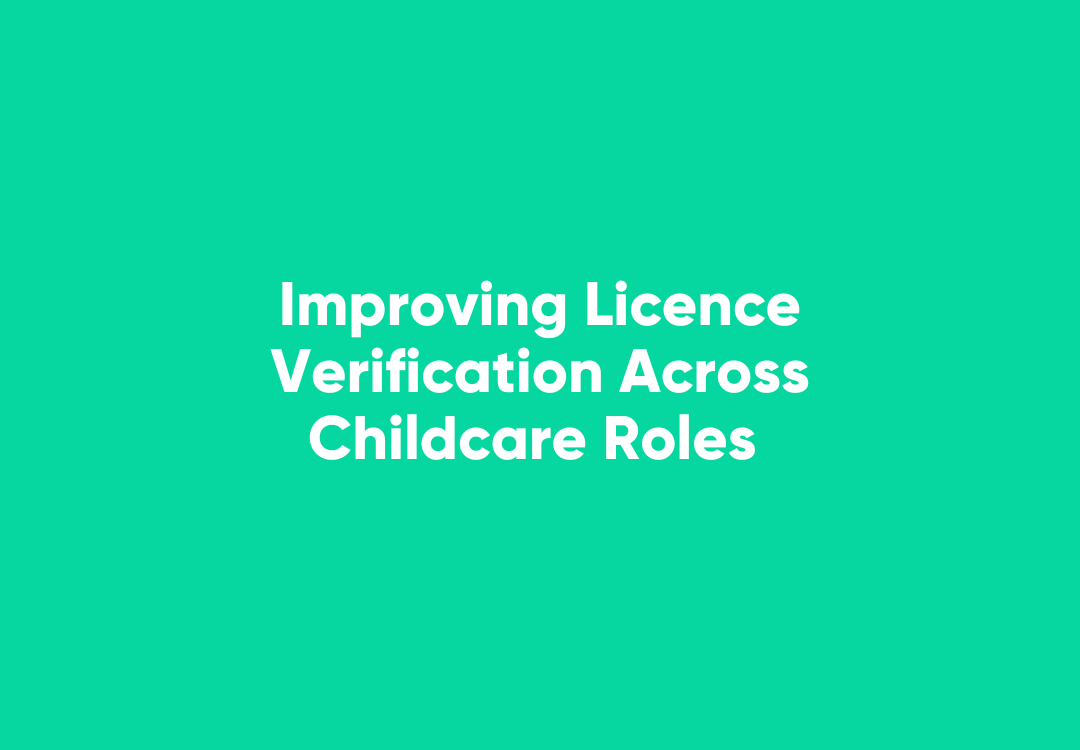Workforce Compliance Updates for Retail, May 2025
With several recent legal updates and further scheduled later this year, it’s a good time to review how your retail business handles hiring, onboarding, and workforce compliance.
New federal rules including employee classification, wage accuracy, and out-of-hours contact are now in effect which have practical implications for how rosters are managed, shifts are communicated, and employee requests are handled.
We’ve provided a handy summary of key retail compliance updates for 2025 and what they may mean for your organisation. Whether you're overseeing one store or a national footprint, understanding these changes can help reduce risk and support fair, compliant workplace practices.
What are the Key Retail Compliance Requirements for HR in 2025?
Retail compliance in 2025 means ensuring your hiring, onboarding, and workforce management practices align with current Fair Work obligations, particularly those engaging with casuals.
HR and recruitment professionals in retail should focus on:
- Complying with updated wage theft laws and ensuring award-aligned pay
- Tracking casual tenure for conversion requests under the 21-day rule
- Reviewing communication practices in line with the Right to Disconnect
- Keeping onboarding, contracts, and training current with Fair Work changes
- Responding quickly to award rate adjustments and super increases
Retail compliance in 2025 demands more than ticking boxes at onboarding. With shifting laws and tight response windows, HR teams need systems that track, alert and adapt in real time. The risk is too high for manual processes. Compliance has to be continuous, connected, and built to scale.
Navigating Compliance Complexities in Retail
Retail businesses face unique compliance pressures, largely due to their high reliance on casual labour. According to the Australian Bureau of Statistics, as of August 2024, 20% of employees in Australia considered their job to be casual, and 22% of employees did not have paid leave entitlements, a common indicator of casual employment. A report by the Australian Council of Trade Unions further highlights that retail, along with accommodation and food services, together employ over 50% of all casual workers in Australia.
This heavy reliance on casual employment adds complexity to compliance, especially when managing shift patterns, entitlements, and conversion to permanent roles. Without the right systems in place, it becomes easy to miss obligations, like responding to conversion requests on time or ensuring communication practices align with new employee rights.
Even small oversights can now carry greater consequences, as 2025 brings tighter rules.
What’s New in 2025?
1. Wage Theft Laws – Effective 1 January 2025
Under recent amendments to the Fair Work Act, intentional underpayment of staff is now classified as a criminal offence. This includes knowingly paying employees less than they are entitled to under their award or agreement, withholding entitlements like superannuation or penalty rates, or falsifying records to conceal underpayments.
What this means for retail:
- Employers must ensure that payroll systems are accurate and reflect current award rates, including allowances and loadings.
- Time and attendance data must be verifiable and securely stored.
- Errors, especially those that appear intentional or are repeated, can now result in prosecution, not just fines.
2. Employee Choice Pathway – Effective 26 February 2025
This reform gives eligible casual employees a clearer pathway to request conversion to permanent part-time or full-time employment. Employers must respond to requests in writing within 21 days. If the request is declined, a valid reason must be provided based on reasonable business grounds.
What this means for retail:
- Casuals who’ve been employed for at least 6 months (12 for small businesses) may trigger this process.
- The 21-day response window is mandatory. Ignoring a request or delaying it may expose employers to Fair Work claims.
- Employers must maintain up-to-date records of casual work history to track eligibility.
3. Right to Disconnect – Effective 26 August 2025 for Small Businesses
This new right allows employees to refuse to engage with work-related communication outside their rostered or paid hours, unless the request is deemed reasonable. Larger businesses are already subject to this rule as of early 2025; small businesses must comply from 26 August.
What this means for retail:
- Retail managers often communicate shift changes or availability queries via text or messaging apps - these practices may now require review.
- What constitutes a “reasonable” request depends on urgency, role expectations, and context.
- Consistent communication policies and protocols are essential to avoid inadvertent breaches.
4. Other Compliance Changes to Note
While not unique to retail, these 2025 updates affect all employers and may influence workforce budgeting and planning:
- Superannuation Guarantee Increase: From 1 July 2025, the compulsory superannuation rate rises to 12.00%. Employers must ensure payroll systems are updated and adjusted accordingly.
- Award and Minimum Wage Reviews: The Fair Work Commission will issue its annual review mid-year. Retail awards often see changes in penalty rates or classifications, so employers should stay alert to announcements and act quickly on updates.
- Respect@Work Protections: Strengthened laws around workplace sexual harassment, discrimination, and psychosocial safety now place a greater duty on employers to prevent, not just respond to, misconduct. This includes casual workers and any third-party workplace interactions (e.g., customers, delivery partners).
How WorkPro Helps Simplify Retail Compliance
WorkPro brings together key compliance tools in one platform, helping HR and operations teams stay ahead of legal obligations while keeping processes efficient and consistent across the board.
Here’s how WorkPro can help:
- eLearning Modules:
Deliver essential training with a library of over 60 modules, including:
- Retail Worker Safety
- Anti-Bullying, Discrimination and Harassment
- Australian Casual Employment Information Statement (CEIS)
- Fair Work Statement (FWS)
- Background Checks:
Simplify pre-employment screening with a centralised platform for all required background checks, including:
- Citizenship and Work Rights Checks
- Nationally Coordinated Criminal History Checks
- Reference Checks
- Employment History Checks
Maintain compliance with real-time tracking of critical documents such as first aid certificates, forklift licences, and more. Upload, store, and set automated reminders before expiry dates.
- WorkPro Resources:
Access a growing library of practical resources to support compliance and workforce management, including:
These are designed to help teams stay informed and take confident action.
Retail compliance in 2025 is all about building trust, transparency, and resilience into your workforce operations. With laws tightening around wage integrity, casual employment, and worker wellbeing, HR teams need tools that make compliance effortless.
Explore how WorkPro can revolutionise your compliance strategy –
contact us today.



